Final Fantasy Rewind: Famicomedy
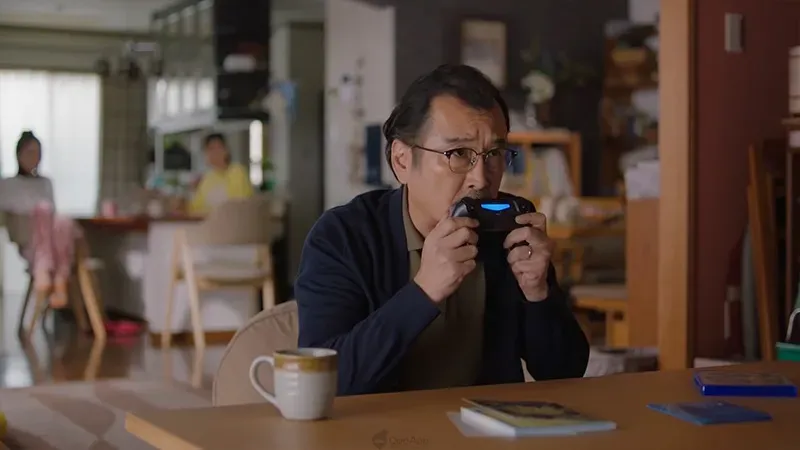
Greetings! I thought I was done with Final Fantasy movies, and then remembered this curio. It definitely stretches the parameters of the project, but it provided a surprising amount to think about: how games and movies present information, the meanings of 'performance' in the two media, the increasing intersection in our lives between real life and what J.R.R. Tolkien referred to as secondary worlds. Very purgatorial, that, and definitely worth digging into.
Brave Father Online: Our Final Fantasy XIV Story
(2015, dir. Teruo Noguchi, Kiyoshi Yamamoto)
It was right in the middle of the ten-year malaise that began with the delayed and abridged Final Fantasy XII in 2006 and Final Fantasy XV's release in 2016 that the series hit rock-bottom. Final Fantasy XIV, a successor to 2002's MMORPG Final Fantasy XI, did not face the development setbacks of its single-player siblings, but its November 2010 release was far worse than any of them. With ruinous performance issues and outdated design, critics and players alike considered it a chore to play when performance issues didn't render it unplayable altogether.
It was the series' first true disaster, one that threatened to permanently damage the brand. Thus Square Enix took the unprecedented step of bringing on a new director, Naoki 'Yoshi-P' Yoshida, who had the game rebuilt from the ground up. Only months after the game's release, work began on a 2.0 rebuild, while the original was stabilized as best as possible, and two years after launching the game was shut down. On August 27, 2013 the game relaunched as Final Fantasy XIV: A Realm Reborn, to enormous acclaim and a player base that continues to grow a decade later.
This real-world drama became part of the game's actual story. The original main quest line culminated in a climactic battle with a mythic beast laying waste to the game's world of Eorzea, at which point the 1.0 game was taken offline. A Realm Reborn takes place five years later, with the old game's doom now canon. None of this factors into the plot of Brave Father Online: Our Story of Final Fantasy XIV. It is not an animated adaptation like previous Final Fantasy movies, but instead a live-action dramedy with the game as a key story element. Yet much like the game, the movie was born of a confluence of fantasy fiction and real life. In many ways it is about how the two are inseparable in an always-online world.
The movie's origins begin not even a year after the relaunch. On August 8, 2014, a Japanese player and blogger who went by the handle Maidy began an ongoing series of posts called the Father of Light Project. Maidy chronicled the process of anonymously befriending his distant father within Final Fantasy XIV and helping him through the game before revealing his true identity, which ultimately led to a rekindling of their relationship. The story came to the attention of Square Enix, who had it adapted for a television miniseries in 2017 as Final Fantasy XIV: Dad of Light, and then re-adapted by the same director with a different cast for the 2019 feature film.
The setup is essentially a dramatization of the original blog. Akio Iwamato (Kentaro Sakaguchi) and his family prepare to celebrate his businessman father Akira's (Kōtarō Yoshida) promotion, when he abruptly moves back home and announces he has retired without saying why. Akio recalls the last time the two of them truly bonded together was playing Final Fantasy III for the Nintendo Famicom, and so he gets the idea of buying his father a Playstation 4 and Final Fantasy XIV as a 'retirement gift.' He helps Akira create a character, a human man with the 'heroic name' Indy Jones. Knowing people are more candid with online friends than people they see every day, Akio anonymously befriends him as his own character, a cat-lady named Maidy, to get him to open up about why he retired.
It is all very cute and very charming, oweing to the cast, the first actual humans in a Final Fantasy film. The movie gets a lot of mileage from Yoshida in particular, whose rigid formality is never not funny when applied to video game controls and mechanics he doesn't quite understand. Sakaguchi is sweet and plays Akio with wide-eyed anxiety when trying to keep his scheme under wraps, though he is often upstaged in a workplace subplot by Ryuta Sato, who brings unbelievable manic energy to his comic relief role as Akio's friend and co-worker Shintaro. The direction tends to let the actors down, however, with hideously crisp digital cinematography and dull blocking.
The game sequences, which were handled by Kiyoshi Yamamoto, are better, so much it may well be deliberate. Much of the story unfolds through machinima, with the characters' in-game avatars having conversations in addition to battling and traversing Eorzea. The graphics are nothing special—remember, Final Fantasy XIV had to be rebuilt because its visuals were too demanding for online play—but the camera placement and movement is thoughtful and lively. The game performances are genuinely impressive. This isn't pre-rendered animation; the characters behave according to controller inputs, which are mapped to a finite number of gestures and expressions, and it had to be done in real-time takes. This is less like animation than directing and filming a puppet show.
As an expression of fannish enthusiasm this is all endearing stuff; as a Square Enix brand extension it is less so. Granted, some of the publisher's contributions improve the movie; the filmmakers were given access to a private game server that allowed them greater control over environmental details like time of day and weather, as well as additional expressions and emotes. The sequences look markedly better than those in the miniseries, which had to be performed during live play. But elsewhere Square's involvement is grating. Akio's bedroom is covered in FFXIV swag, and Akira's tutorials and progression feel like gameplay previews. This is the most blatant feature-length commercial to come from Final Fantasy yet, which is saying something.
The movie is oddly self-aware about its advertorial status. Akio works in an advertising agency, and we even see a cheesy ad they're producing, where a pretty young woman holds an ice cream cone on a fake beach, looks at the camera, and extolls the wonders of "Strocream, now in stores near you." In the very next scene we're introduced to an employee there, Satomi (Yui Sakuma), who starts playing Final Fantasy XIV to win Akio's heart and spends her screentime shilling the game, which "is just like a movie." At the end, when Akio has been promoted and relocated, and their relationship is conducted long distance, she tells her co-workers, "I see him all the time..." and the camera pushes in and she looks longingly off in the distance, and she smiles, "...in Eorzea." Weapons-grade cheese, shameless self-promotion—and yet it's not entirely wrong.
The movie is a branding exercise, but it is also one of the more accurate portrayals of relationships and interactions in the internet age. It's now normal to have friends you've never actually met scattered across the world, to conduct long and sometimes intensely personal conversations over chat. That the movie's in-game sequences are almost never shown as just something on a screen but an integral part of the storytelling fabric highlights how these activities aren't just a frivolous distraction but can be an extension of peoples' lives. This is a deliberate corrective to the tired narrative that games are corrupting the youth, and it's a mostly welcome one.
Yet Square Enix's enforced cheer can't help but highlight the dark side of the issue. It's not a stretch to call Akira's increased devotion to the game an addiction, and at one point in the miniseries his wife even calls it out as such. But in the film it's regarded as a function of Akira's pre-existing difficulties relating to his family—which are never entirely resolved. At movie's end Akira and Akio don't interact, but Indy Jones and Maidy go adventuring daily; their relationship is entirely mediated by, well, interactive media.
Which kind of gives away the game, as it were. The real story had a perfectly sweet resolution, where Maidy presented his father with a photo album of printed screenshots of their journey through Eorzea. It was a personal gesture, one which turned the game's digital ephemera into a tangible memento. Here instead there's a strange circling back to the subtext of the beginning, that (Japanese business) workaholism isolates people from the ones they love. But instead of attempting to address this, the movie has accommodated it; now it's Akio's turn to be separated by his career from his loved ones—but he can see them every day in Eorzea!
In this respect Final Fantasy was once again ahead of the curve, as a prototype of the 'product film' whose numbers only reached critical mass last year. Movies that don't adapt a fictional story or explore the creative process but instead scaffold a film around how much we love a bestselling commercial object: Blackberry, Tetris, Air, Flaming Hot.[1] Brave Father Online most anticipates Gran Turismo, however, another true story about a young man whose personal growth was facilitated by their favorite game. Which is all rather insidious, no? Games, and the broader geekosystem, exist to entertain and flatter their audience above all, to entice them into purchasing merchandise and subscriptions and becoming life-long customers.[2] Art, and enrichment, is a tertiary concern. Meaning and human connections exist in spite of ruthless commercial enterprises, not because.
And there is meaning and value to be found in massively multiplayer online culture. The real Maidy did rekindle his relationship with his father, after having openly wondered if he would cry if he learned his father died. Their story resonated millions of Final Fantasy XIV players, who mourned when Maidy himself passed away, of colorectal cancer in 2020. In a tribute video posted shortly after, Maidy's father, who himself passed this year, thanked the community for the messages they sent to his son, that "I feel like he was delighted with messages from his other family." It's just slightly sinister that the lesson we're supposed to take from this is "Connection, now in stores near you."
For that is the difference between a sweet comedy about people bonding over a video game and one where they bond over La Comedia: not condescension but commercial imperatives. Dante is not trying to get us to buy his poem and its Dark Forest DLC, or even to make us aware of it. It's a historical touchstone that needs no introduction. But the games industry only cares about its history insofar as it can monetize it. Square Enix will never willingly allow their classics to become cultural shorthand, not when they can profit handsomely with sequels, spin-offs, remakes, and every other means of colonizing our lives. This isn't a complete waste; sometimes everything lines up and genuinely inspired work makes it through the sequel machine. But oftentimes a classic is best left alone. It maintains its mystique, and its old limitations become assets, its imaginative potentiality remainining still pristine—even thirty years later.
... and Barbie ↩︎
Final Fantasy XIV is better than most others in this respect, with a story that many swear is one of the greatest in the series (if you can get through the first thirty hours), and Yoshi-P encouraging players to take a break from playing and not burn themselves out. ↩︎
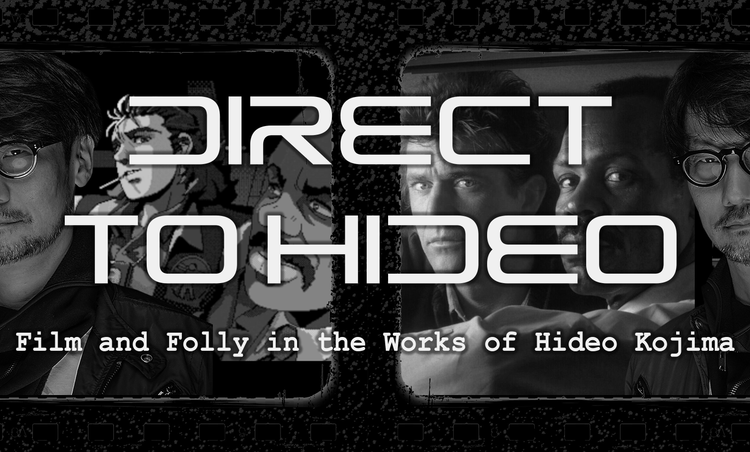
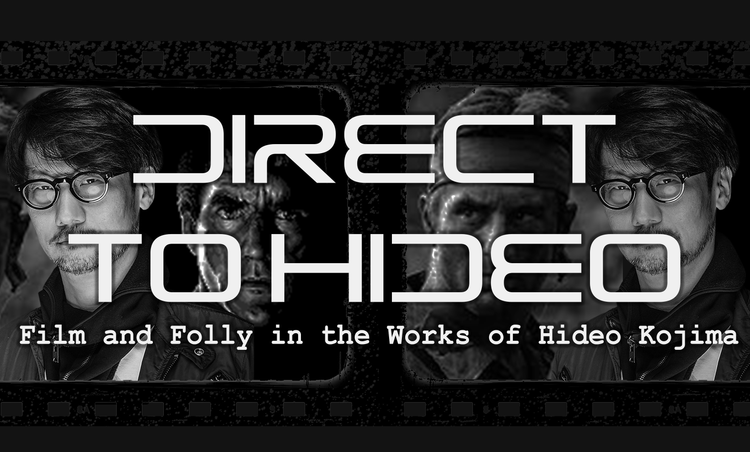
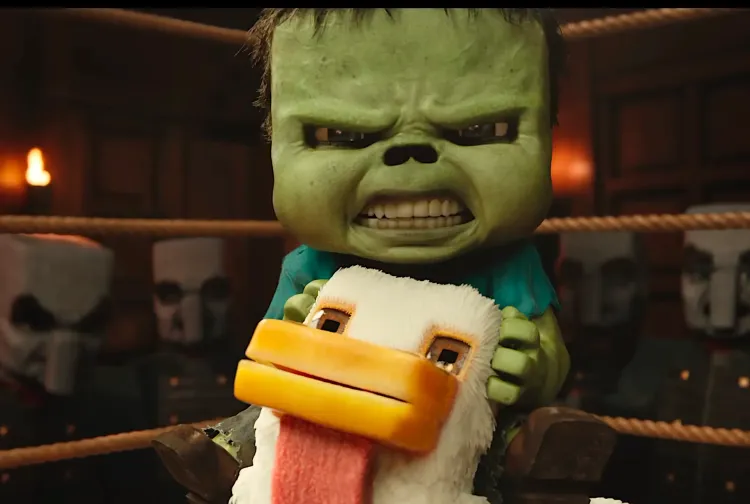
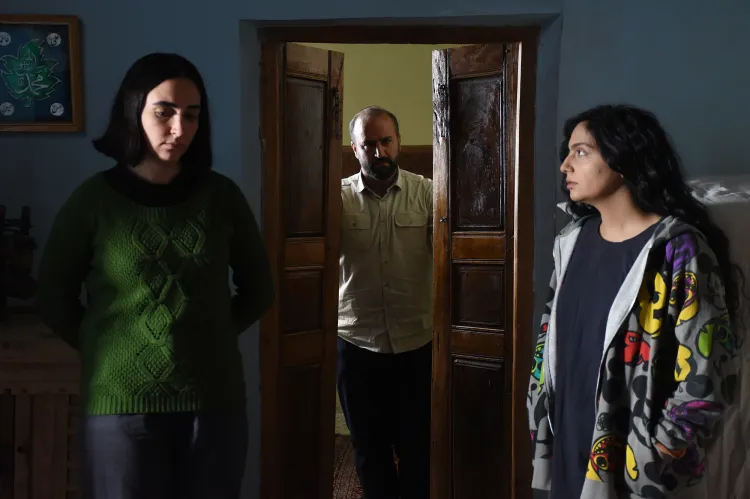
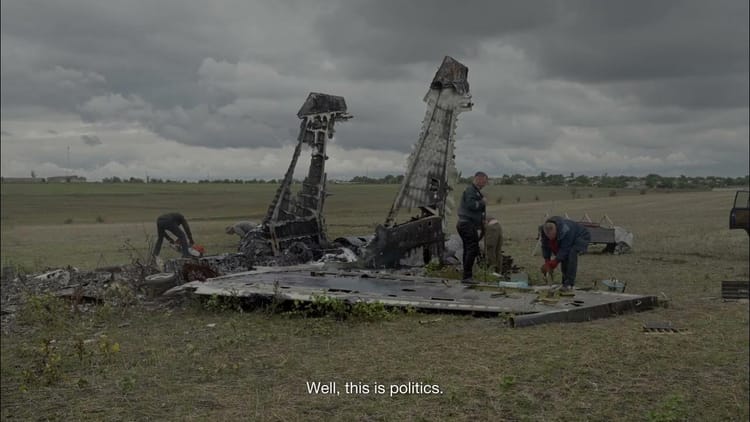
Member discussion